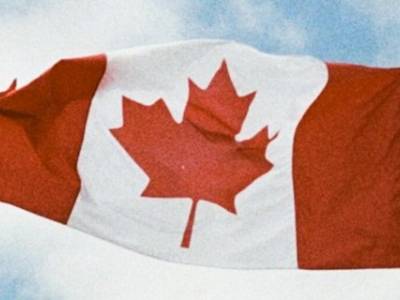1. An LLM in Canada is the same as an LLM elsewhere. It won't get you any closer to practicing. There are some Canadian universities that offer a 1 year post-LLB course for foreign grads that will exempt you from the NCA requirements (UBC, U of A, U of T). Basically you will be taking some version of the standard Canadian 1L courses and the NCA will deem that sufficient, i.e. exempt you from taking exams is those subjects. It's expensive but more convenient than taking all the NCA exams. But it's not an LLM- it has more practical value but less academic standing.
2. No. Very few people do an LLM before getting called to the bar in Canada. Most people take an LLM after being called, if at all.
3. The NCA will look at your transcript and evaluate your coursework. If you're lucky, some courses you have taken can exempt you from the NCA examination in that subject. Some subjects like Professional Ethics (specific to Canada) and Canadian Constitutional Law, you will absolutely have to take (unless it was taught in Cardiff which I doubt). Coming from a UK law school, you will get more credit than most foreign grads since there is a lot of overlap pre-1948. You can probably be exempted from contracts and torts, I imagine. Most UK grads that I know had to take 4-6 NCA exams.
4. Very poor. Getting into law school in Canada is very competitive and hiring partners tend to hire from the programs that they know and respect. Most local grads usually find jobs without too much trouble-- although Ontario has been bad for a while and Alberta is slow since oil prices dropped. Canadians who are not accepted at Canadian law schools (and who can afford it), have traditionally tried their luck in the UK and Australia (esp. Bond, Birmingham, Sheffield, Leicester). There is a huge perception problem-- a Canadian with a UK or Aus law degree has a real scarlet letter. They will struggle to find articles because everyone will assume that they're rich kids who couldn't get into law school in Canada. Once you prove yourself in practice, it won't matter but the hard part is breaking through that barrier and actually getting articles. If you're a UK national, the stigma isn't the same but local applicants will always get preference for articles. Oxbridge or LSE grads might get more interest, I imagine, but it's pretty rough. Most firms get so many applicants that they look for reasons to reject applications. They can fill their spots without hiring foreigners and there's a sense of obligation to hire from the local applicant pool.
1. An LLM in Canada is the same as an LLM elsewhere. It won't get you any closer to practicing. There are some Canadian universities that offer a 1 year post-LLB course for foreign grads that will exempt you from the NCA requirements (UBC, U of A, U of T). Basically you will be taking some version of the standard Canadian 1L courses and the NCA will deem that sufficient, i.e. exempt you from taking exams is those subjects. It's expensive but more convenient than taking all the NCA exams. But it's not an LLM- it has more practical value but less academic standing.
2. No. Very few people do an LLM before getting called to the bar in Canada. Most people take an LLM after being called, if at all.
3. The NCA will look at your transcript and evaluate your coursework. If you're lucky, some courses you have taken can exempt you from the NCA examination in that subject. Some subjects like Professional Ethics (specific to Canada) and Canadian Constitutional Law, you will absolutely have to take (unless it was taught in Cardiff which I doubt). Coming from a UK law school, you will get more credit than most foreign grads since there is a lot of overlap pre-1948. You can probably be exempted from contracts and torts, I imagine. Most UK grads that I know had to take 4-6 NCA exams.
4. Very poor. Getting into law school in Canada is very competitive and hiring partners tend to hire from the programs that they know and respect. Most local grads usually find jobs without too much trouble-- although Ontario has been bad for a while and Alberta is slow since oil prices dropped. Canadians who are not accepted at Canadian law schools (and who can afford it), have traditionally tried their luck in the UK and Australia (esp. Bond, Birmingham, Sheffield, Leicester). There is a huge perception problem-- a Canadian with a UK or Aus law degree has a real scarlet letter. They will struggle to find articles because everyone will assume that they're rich kids who couldn't get into law school in Canada. Once you prove yourself in practice, it won't matter but the hard part is breaking through that barrier and actually getting articles. If you're a UK national, the stigma isn't the same but local applicants will always get preference for articles. Oxbridge or LSE grads might get more interest, I imagine, but it's pretty rough. Most firms get so many applicants that they look for reasons to reject applications. They can fill their spots without hiring foreigners and there's a sense of obligation to hire from the local applicant pool.





